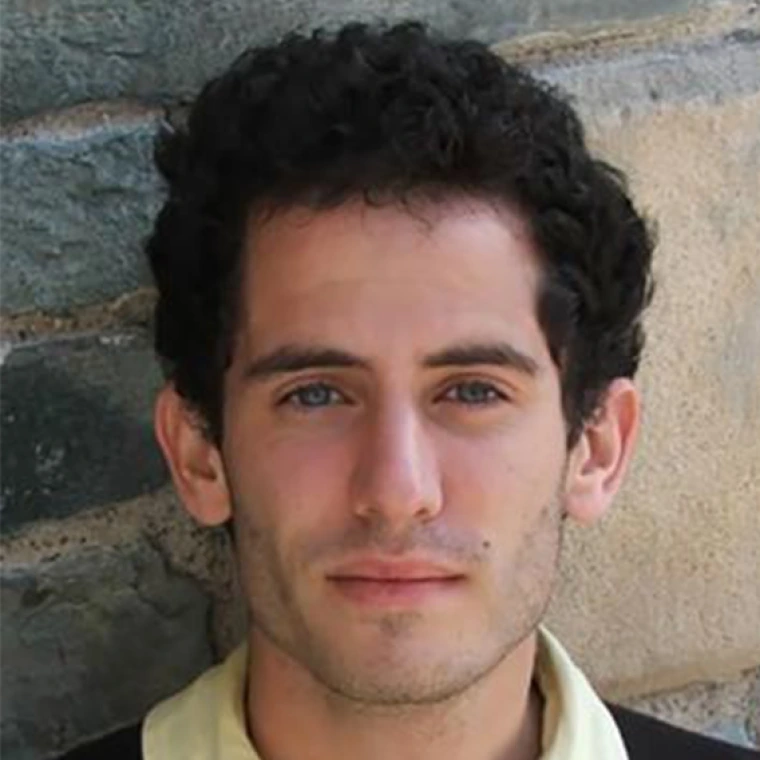Max Shmookler

New York, NY
How did CASA help inform your career path?
I am not sure that CASA informed my career path so much as trained me in the tools and gave me the confidence to pursue my curiosities about the Arabic language, as well as questions of literary theory, history, and cultural difference that continue to challenge and intrigue me.
What job or path of study did you pursue after graduating from the CASA program?
Immediately after CASA, I worked as an education advocate for unaccompanied refugee minors at AMERA (Africa and Middle East Refugee Assistance). In that role, I used my knowledge of written and spoken Arabic all the time—in reading documents, taking testimony, accompanying clients to Egyptian institutions and advocating on their behalf, and frequently serving as an impromptu interpreter. Since leaving AMERA, I’ve mostly returned to scholarly pursuits, including a Master’s degree at NYU in Near Eastern Studies and now a PhD at Columbia. Yet my rigorous training at CASA has been indispensable here as well. My dissertation research focuses on a genre of Arabic literature called the maqāma, which employs elaborate narrative frames and complex word play to serve an astounding range of purposes, from edification and entertainment to political legitimization and requests for patronage.
Do you have any recent academic or professional successes that you would like to share with fellow CASA alumni?
I successfully defended my dissertation prospectus on Monday (October 17, 2016), passed my oral exams last April, and published a co-edited volume of translated short stories entitled The Book of Khartoum earlier this year. None of this would have been possible without the training and support of so many teachers and peers, many of whom I met through the CASA program and its network.
What advice would you give to current CASA Fellows?
There is so much to say here! I would encourage current fellows to get to know their teachers beyond the classroom, beyond the assigned texts, and for those interested in history, beyond the current moment in the Middle East. If you can arrange to visit archives and museums, try your hand at reading manuscripts, and bring your questions and curiosities to your teachers and peers, as this will only enhance your experience. And for those of you considering an academic route, make use of CASA alumni like myself. Best of luck to you all!

